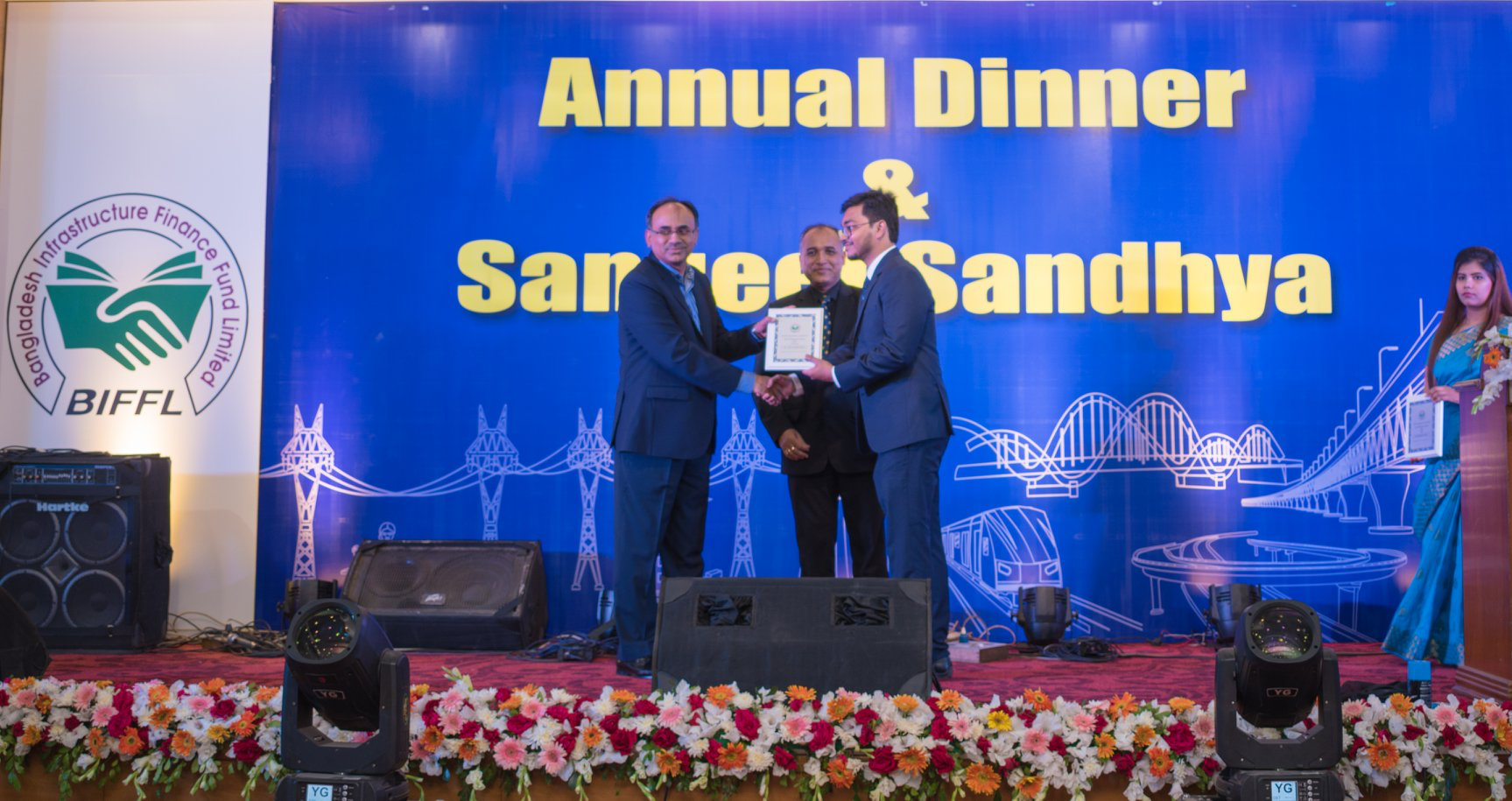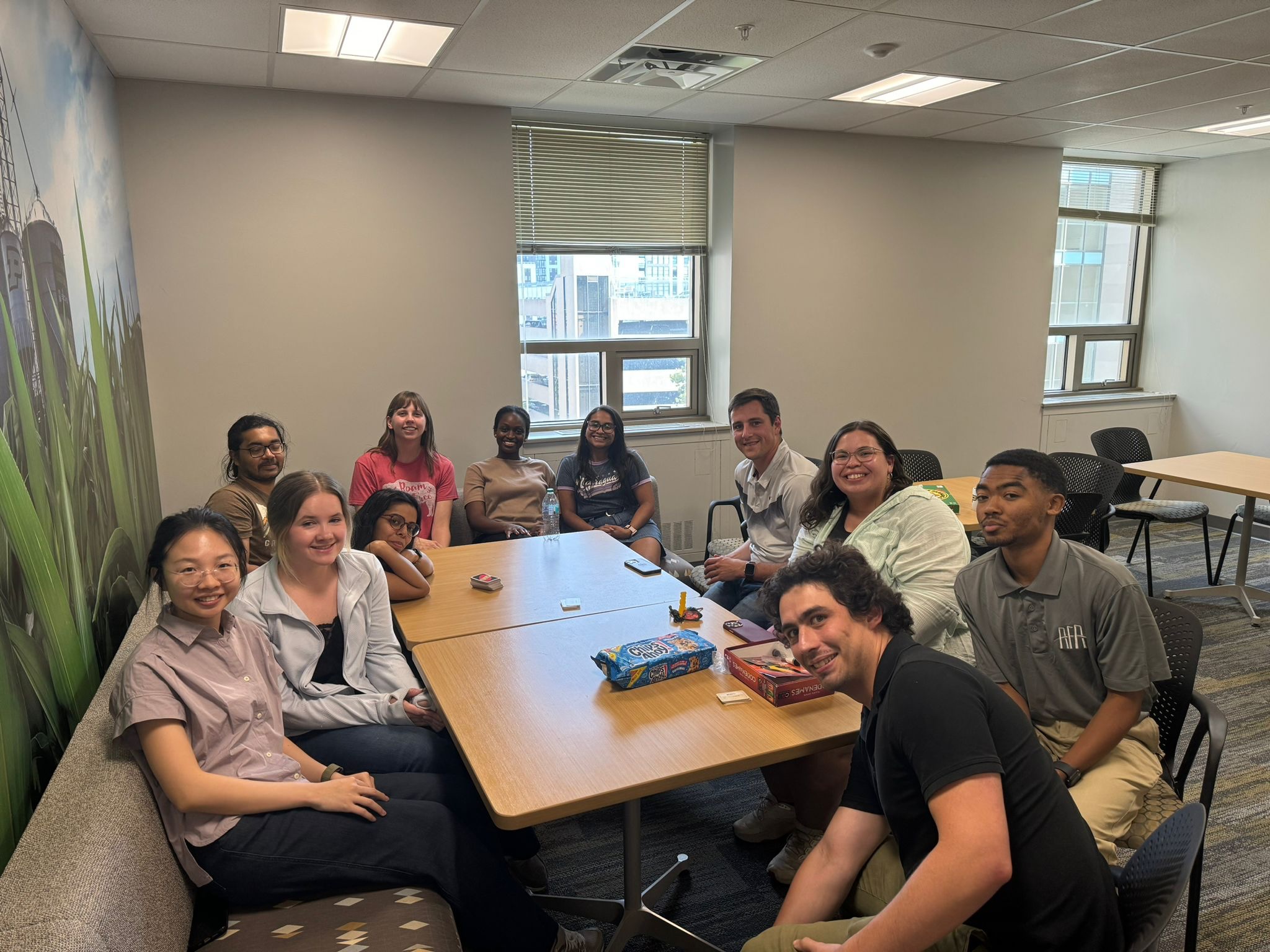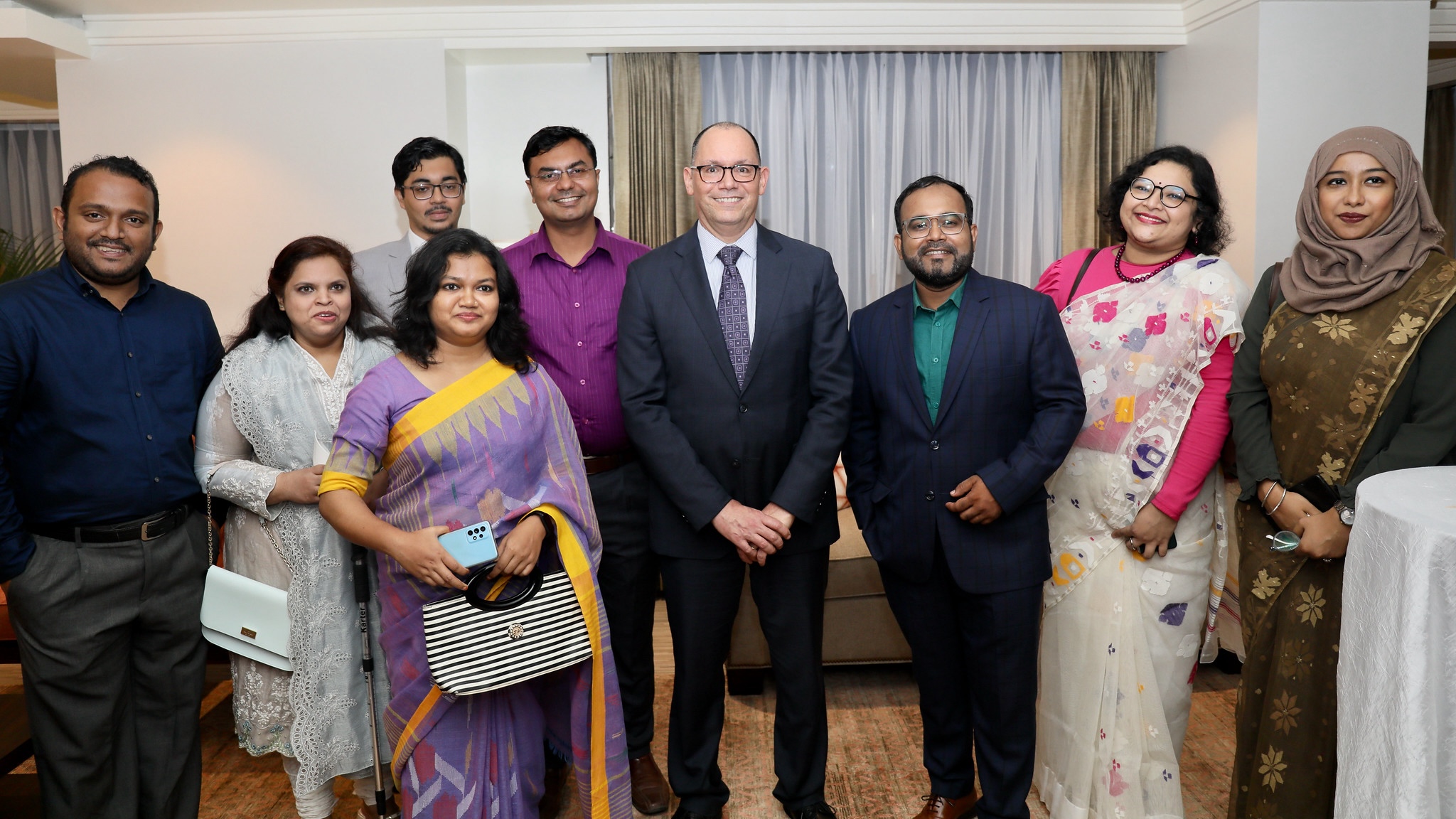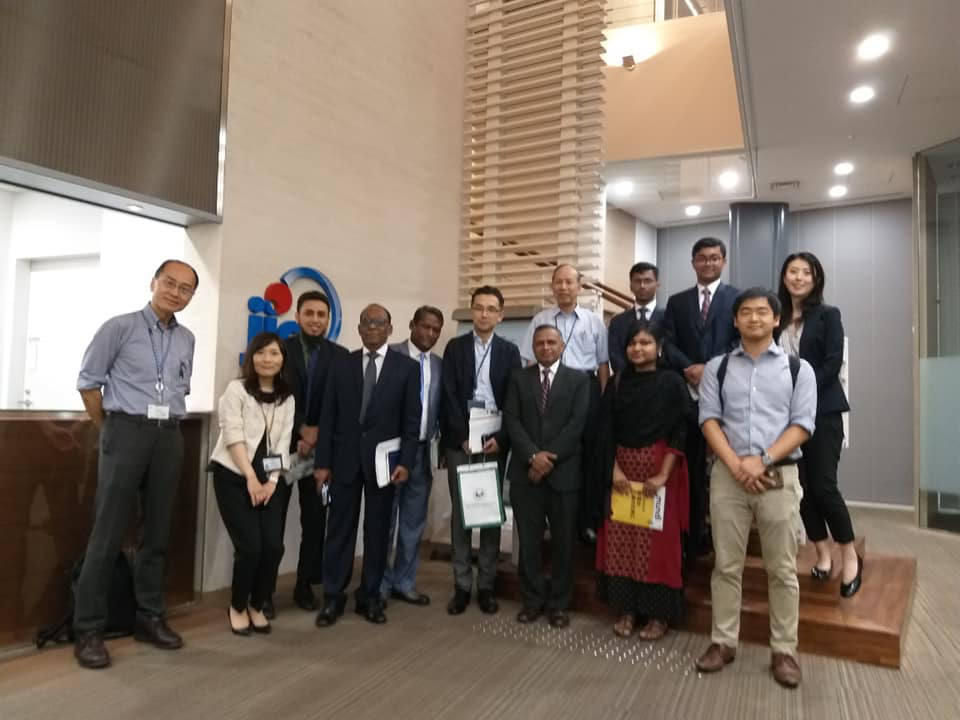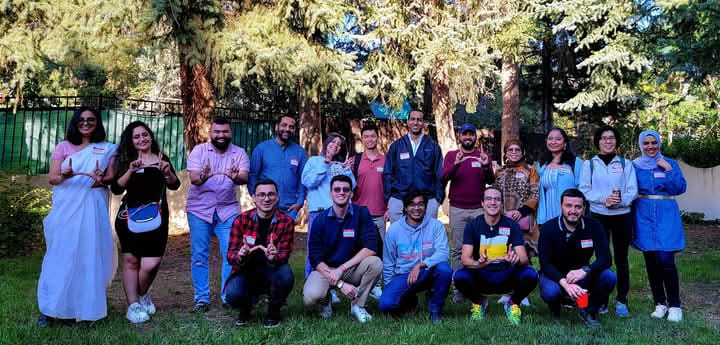From Bangladesh to Purdue – Pioneering Research in Behavioral Economics
Hailing from Dhaka, Bangladesh, a vibrant city renowned for its cultural diversity, year-round festivities and rich cuisine, Ph.D. student Asif Khan brings a blend of professional experience and academic curiosity to Purdue University. Growing up in a country where 80% of the workforce is involved in agriculture, Asif’s journey into agricultural economics was unexpected but deeply impactful.
“I earned my bachelor’s degree in electrical engineering, but working for the government in the development sector transformed my perspective. I realized that sustainable growth in Bangladesh’s food value chains could ensure economic maturity. That realization led me to pursue agricultural economics in the United States.”
In 2021, Asif received the Fulbright Foreign Student Scholarship and began his academic transition at Utah State University, where he completed his master’s degree in applied economics. There, his work in environmental economics sparked an interest in behavioral economics, a field that aligns with his vision for practical, human-centered solutions to development challenges.
Choosing Purdue for cutting-edge research
For Asif, Purdue’s Vernon Smith Experimental Economics Lab offered the perfect opportunity to expand his research interests. His decision was solidified when he connected with Dr. Steven Wu, professor of agricultural economics, and Dr. Yaroslav Rosokha, associate professor of economics, who started a behavioral economics project when Asif was searching for a Ph.D. program in 2023.
“Joining Dr. Wu’s research team felt like a stroke of luck. The lab is at the forefront of behavioral economics, and I get to work on a project that combines theory, experimentation and machine learning to design optimal nudges.”
Nudges, as Asif explains, are subtle changes in the way choices are presented to influence decisions without restricting freedom. “It is like a gentle push in a certain direction, encouraging people to make a specific choice without forcing them. The research aims to provide a comprehensive understanding of nudge effectiveness, considering factors like agent heterogeneity, context, and incentive compatibility.”
Asif’s project combines theoretical modeling, empirical experimentation and advanced machine learning techniques to gain insights into optimal nudge design and implementation.
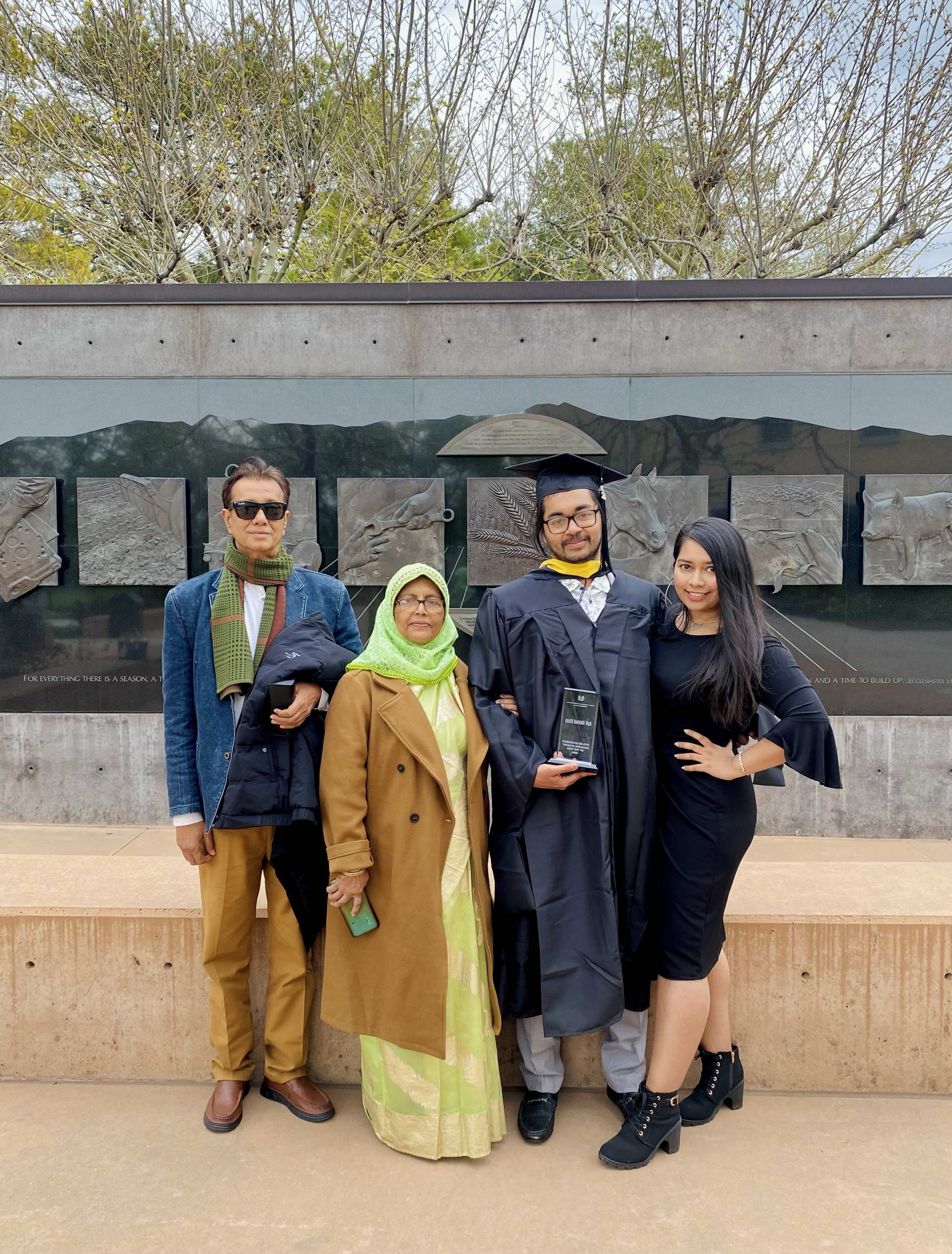
Professional Experience and International Collaboration
Before his academic pursuits, Asif held leadership roles at the Bangladesh Infrastructure Finance Fund Limited (BIFFL)—the country’s flagship state-owned development finance institution. As Deputy Manager, he worked on six major development projects in partnership with the World Bank (WB), Asian Development Bank (ADB), Japan International Cooperation Agency (JICA), Kreditanstalt fur Wiederaufbau (KfW), Agence Francaise de Developpement (AFD) and the Sustainable and Renewable Energy Development Authority of Bangladesh (SREDA), managing a portfolio of approximately $800 million. Projects ranged from road infrastructure development to energy efficiency systems in industrial sectors, including cement, spinning and processed food industries.
As a Fulbright Scholarship recipient, Asif had a duty to be a cultural ambassador for his country in the United States, engaging with local and international communities.
“We had an unforgettable experience at the Fulbright Convention in New Orleans, where I had the chance to learn about what Louisiana is doing to manage its geographical challenges due to its location in the Mississippi Delta. This was particularly relevant as Bangladesh is the largest river delta in the world, and we face very similar challenges.”
From participating in Fulbright meetups in Utah to collaborating with the US Embassy in Dhaka to advise future Fulbright recipients, Asif continued to share his culture while learning from diverse perspectives.
Research and Publications
Currently, Asif’s work with Dr. Wu and Dr. Rosokha focuses on generating systematic knowledge about how the impact of nudges might vary across contexts and heterogeneity.
With his strong foundation in development finance and a commitment to advancing behavioral economics, Asif Khan is well on his way to making a meaningful impact—both in academia and in addressing real-world challenges. Asif’s prior research has already led to two recent publications with his M.S. supervisor, Dr. Man Li, assistant professor of applied economics at Utah State University, including:

